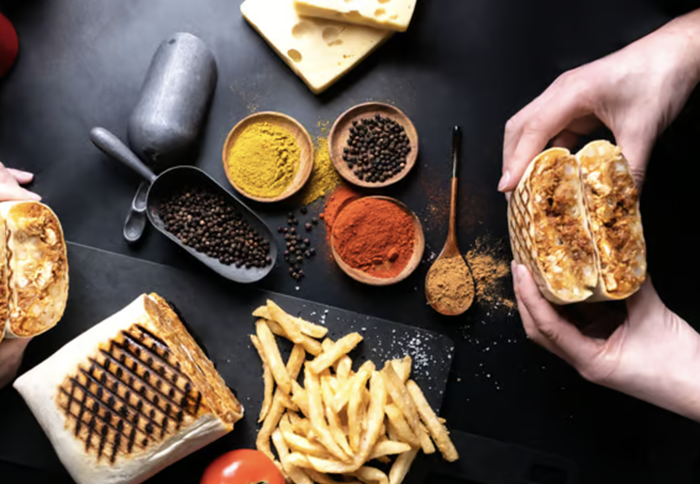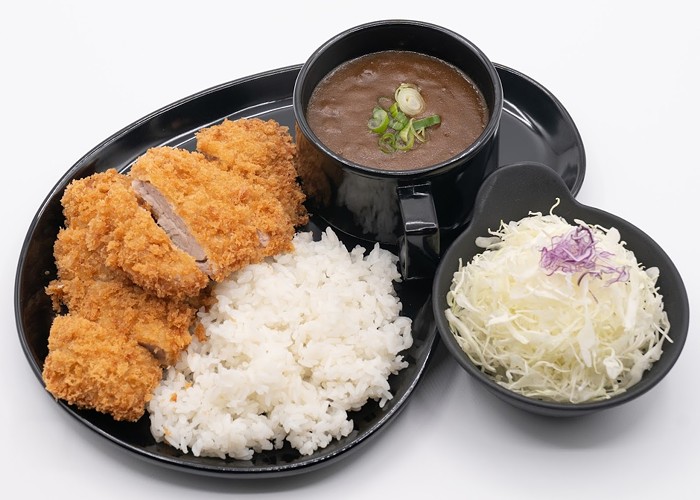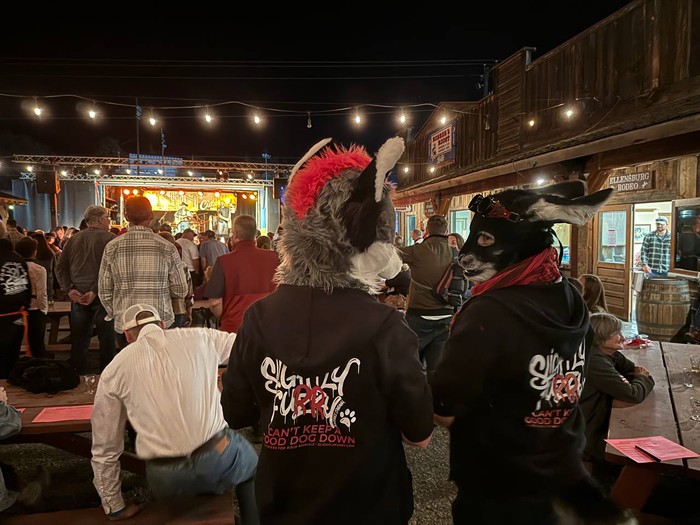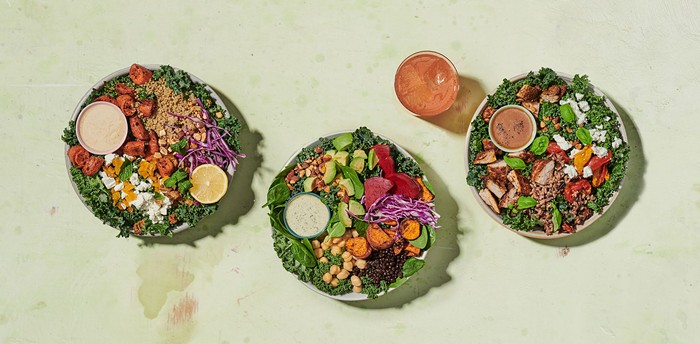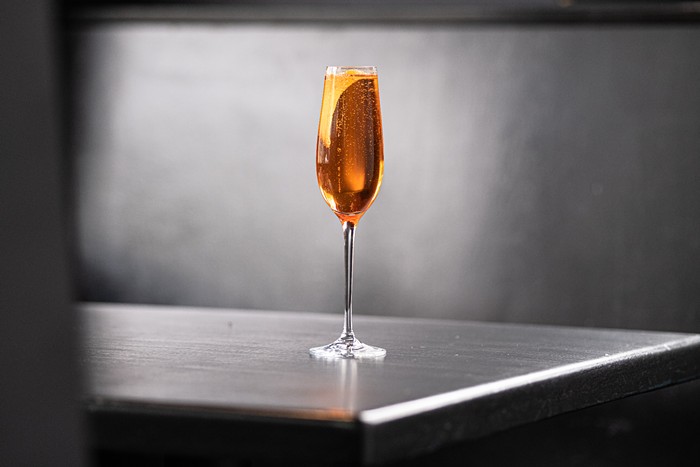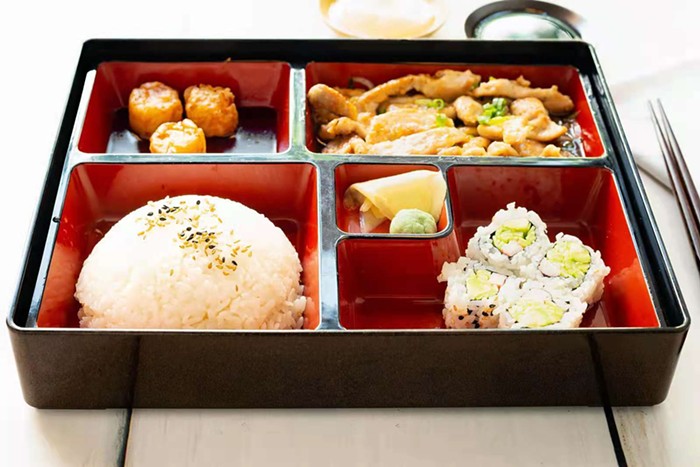If you walk down Bole Road in Addis Ababa, Ethiopia, you will eventually come across a jet plane attached to a five-story building. Together, this building and jet plane form the London Cafe & Satellite Restaurant, a popular establishment that has local and international menus and at night offers "live music on the plane," which, by the way, is really a structure that's made to look like a plane. If you want to dine in a real decommissioned plane, you'll have to go to the one in Colorado Springs, or the one in Mangaweka, New Zealand, or (if you are very brave or very stupid or both) the one in Damascus, Syria. Sadly, the best-ever restaurant plane is not accessible without a time machine, as its South Korean owners demolished it in 2010—the jumbo jet had been a success as a commercial plane but a total failure as a noodle restaurant. I bring all of this up because the first thing that caught my eye when I walked into Wonder Coffee & Sports Bar, a new East African joint on Jackson and 19th, was the front of a Trans Am beneath a shelf containing blue lights and bottles of wine.
I saw in the Trans Am the same spirit as the plane in Addis Ababa. This spirit has less to do with eccentricity and more to do with audacity. As the effort and expense of modeling your restaurant as a commercial airplane in a poor city like Addis Ababa is audacious, an East African businessperson opening a huge bar/cafe/restaurant in the middle of a rich and major American city is also audacious. The Trans Am with the license plate for Colorado, the blinging hubcaps, the number 1800 painted on its hood, the splashy hiphop graffiti of Seattle's skyline (the Space Needle, the box the Space Needle came in, the bright moon in the sky), the lights that in the real world open and close by pressing a button—all of this expresses, captures, echoes, reinforces the audacity of it all.
The place that houses the Trans Am from the twilight of the 20th century is at the east corner of a bland building, the Legacy at Pratt Park Apartments, that replaced the Wonder Bread factory at the end of the first decade of the post-future. What remains of the factory is now on top of the building (the big red neon sign), like a ghost on a widow's walk, and in the name of the new East African enterprise. The main section of the cafe/bar/restaurant has very high ceilings, tall windows, walls that are painted red, walls that are painted orange, walls that support a number of flat-screens, a shiny brown floor, lamps that hang from the ceiling like long upside-down tulips, an area for live music, a stocked and stacked cliff of a bar, and a dramatic flight of stairs next to the bar. The owner of this place was thinking big. He wanted to go all the way. And he did.
A part of the menu offers Ethiopian dishes. The other part offers plain American meals: hamburger and fries ($5.99), spaghetti with meat sauce ($9.95), and a chicken breast sandwich ($6.99). The Ethiopian dishes are solid—I ordered a $20 plate with everything possible—kay watt (lamb cubes in a spicy and thick sauce), yemisir watt (green lentils and chopped onions), gomen (collard greens), zilzil tibs (beef strips), and kitfo (Ethiopian steak tartare). The American meals are pleasantly unexceptional. You will not go to Wonder to eat a hamburger because you want to eat a hamburger, you will go there for the curious pleasure of eating a hamburger in an Ethiopian restaurant.
Now here is where things get wonderfully weird: The Ethiopian dishes are in the Wonder Special Ethiopian section of the menu, and the American meals are in the Wonder Special International section. When you eat a hamburger down the street, it is not international—but when you eat it in Wonder, it is. America, not Ethiopia, is international in Wonder. Now, if that's not audacity, I do not know what is. ![]()
This article has been updated since its original publication.


